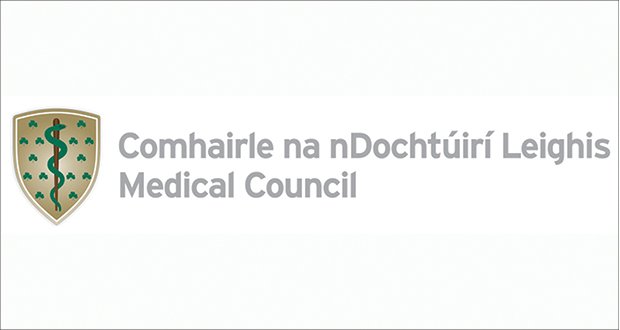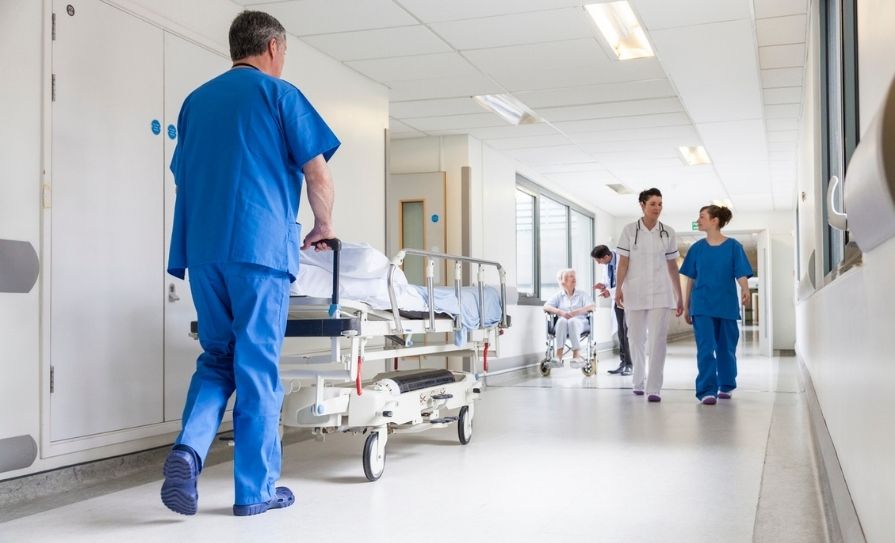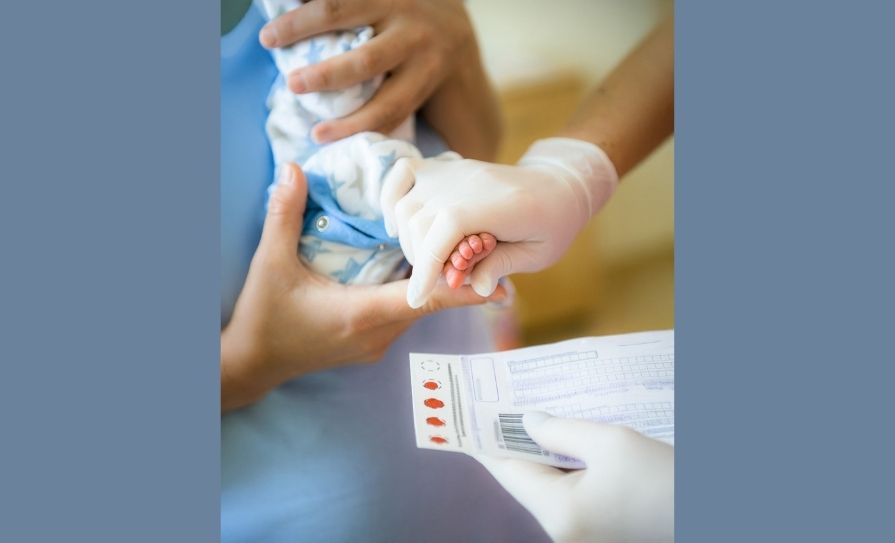Eighty-six per cent of trainees appointed to basic specialist training (BST) programmes in 2018/2019 were from the EU and 14 per cent were “international”, according to a Medical Council report on specialist training annual returns data.
Additionally, some 97 per cent of trainees who entered higher specialist training were EU candidates.
“The majority of training bodies experienced challenges in providing a breakdown of nationalities for all years of training, so the data presented represents first year trainees only – in both BST and HST,” according to the report released through Freedom of Information law. “In both instances, the returns show that the nationality of first year trainees was predominantly Irish.”
Under law, specialist training places are allocated firstly to candidates who are Irish citizens or nationals of another EU state. Many bodies reported that nationality was only captured at the selection and recruitment stage and not recorded all the way through the training programme, the report outlined.
Overall, there were 1,614 trainees enrolled in 12 BST programmes and 1,808 trainees enrolled in 49 HST programmes.
The overall gender balance was “quite even”, but some individual programmes showed “marked differences in gender ratios”. There were no trainees with reported disabilities, according to the returned data.
The report noted that the data needed to be carefully contextualised to take account of “gaps” in statistics due to errors and omissions by training bodies.
In 2018/2019, some 57 per cent of total applicants interviewed for entry to BST programmes were appointed, while 56 per cent of interviewed applicants entered HST.
There was a 23 per cent attrition rate across HST programmes and an 8 per cent attrition rate in BST programmes.
“Pass rates were extremely high across programmes; the average pass rate across BST programmes was 96 per cent and 99 per cent across HST programmes,” according to data returned from 11 BST and 45 HST programmes.
The site which facilitated training of the most specialities was University Hospital Galway with 34 specialist programmes using the hospital for training. It was followed by Beaumont Hospital, Dublin, the Mater Misericordiae University Hospital, Dublin, and Cork University Hospital.













Leave a Reply
You must be logged in to post a comment.